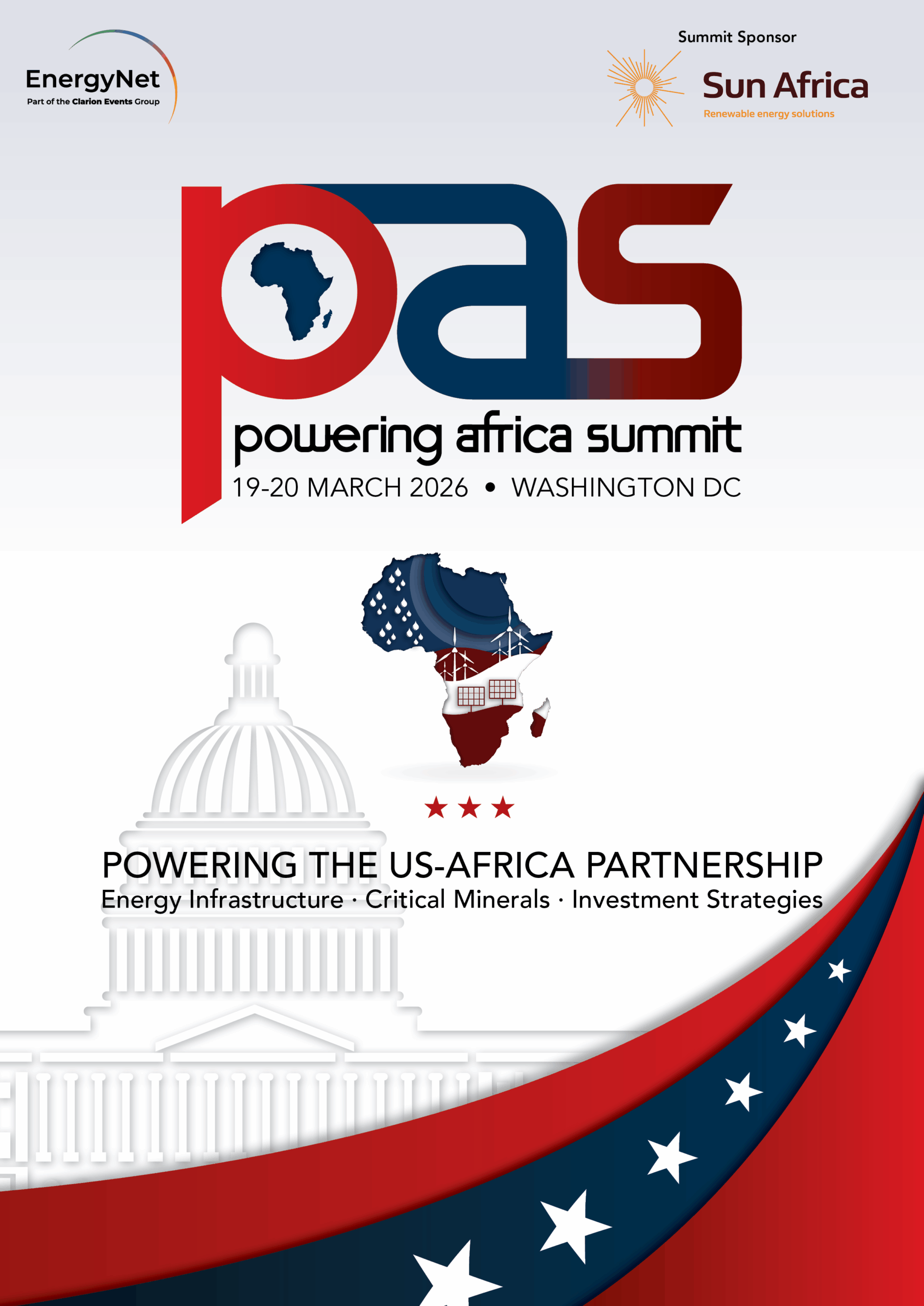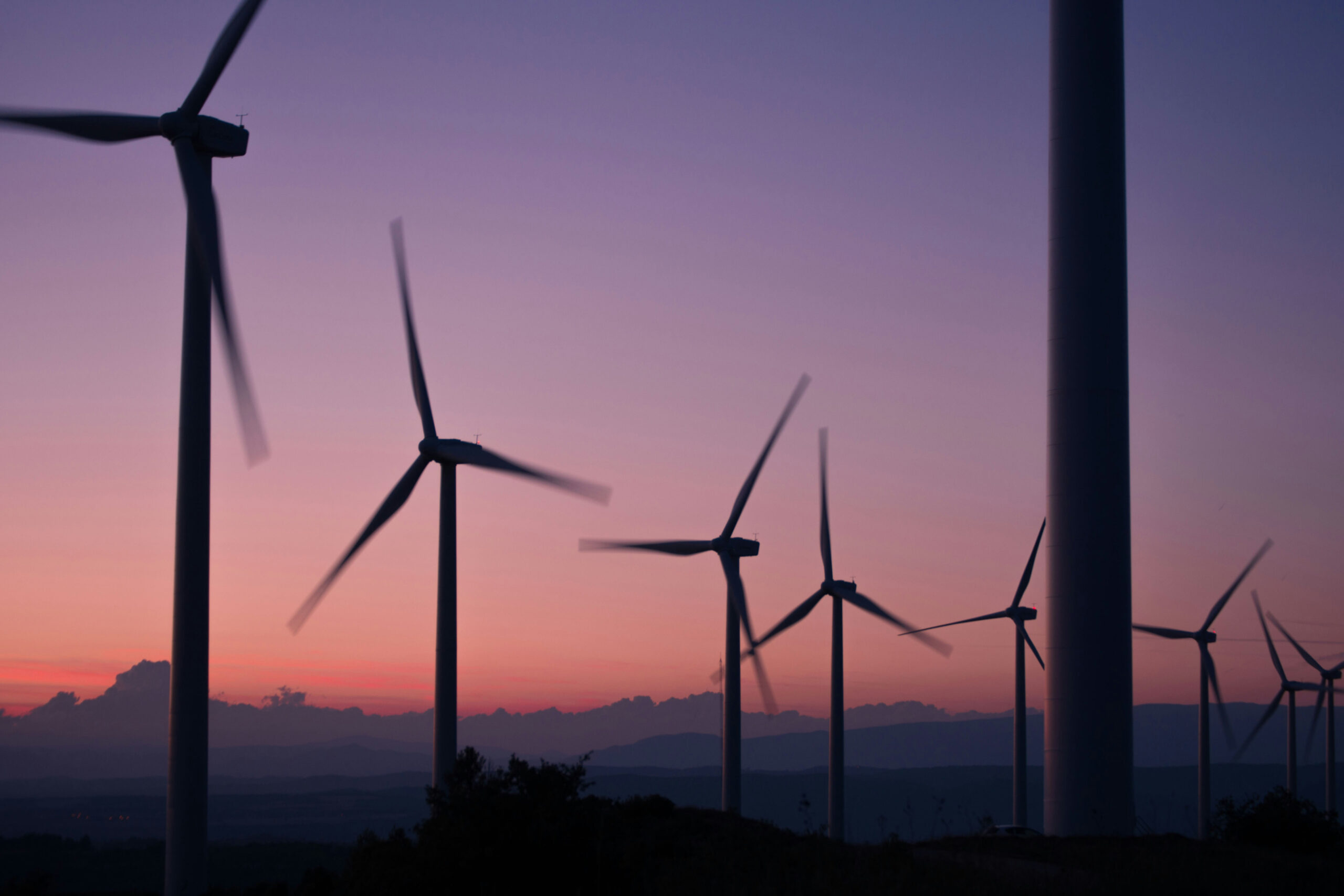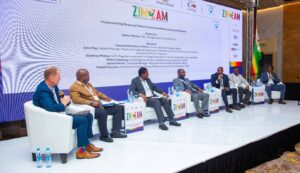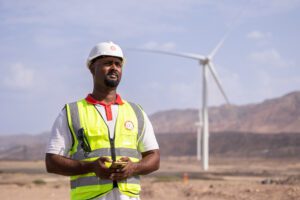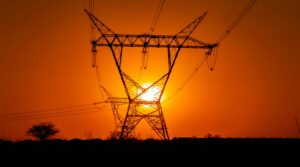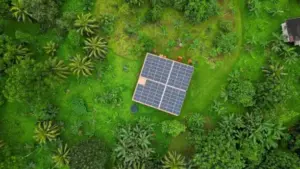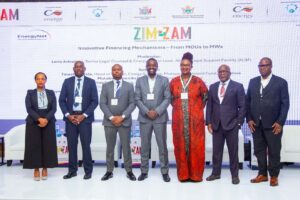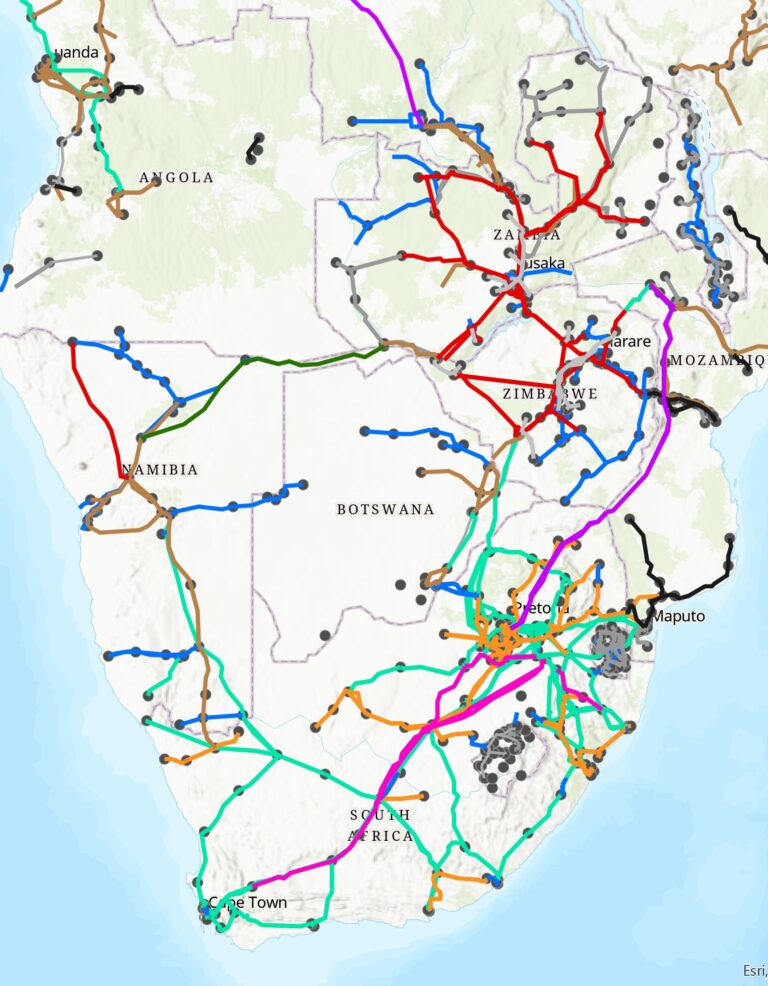
SAPP pushes deeper power integration across Southern Africa
Harare, Oct. 8, 2025, ENN: Stephen Dihwa, executive director of the Southern African Power Pool Coordination Centre in Harare, oversees regional planning, operations, environmental management, and power trading across 12 SADC member states. With over 30 years in the sector, he has held senior roles at ZESA, EdM, and NamPower, and advised the African Development Bank. Here, he discusses the ongoing challenges and future potential for the region.
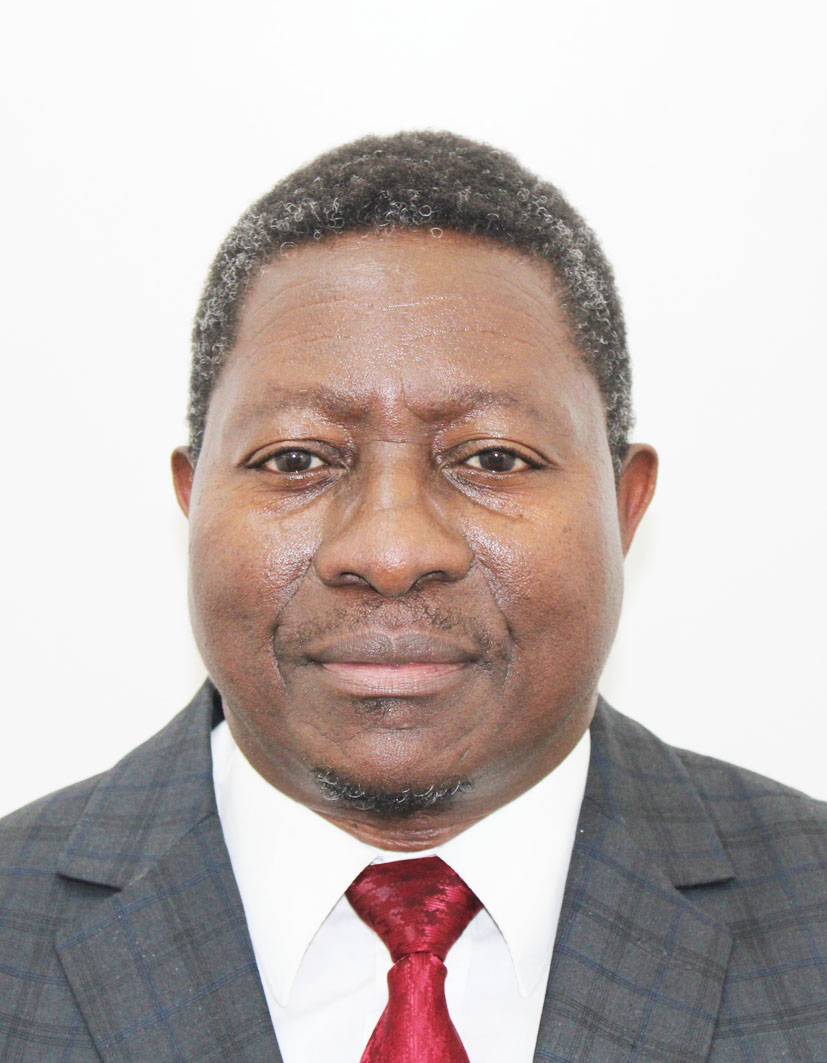
SAPP turns 30 this year. In three decades, the amount of traded electricity averages to 2,100 GWh annually. What is the next step for regional integration over the coming decade?
The next step is increased volumes of energy traded on the regional market. This is expected to be achieved through increased uptake of the balancing market, the introduction of financial markets and a dedicated renewable energy market. This will also be enhanced by the addition of new members both on the supply side and demand side.
SAPP is opening membership beyond state utilities to include private developers, traders, and even mining companies. How is this reshaping the market?
It is adding more market participants who then increase the volume of energy traded. We already have seven market participants who are mainly IPPs and they are selling their power on the regional market.
What is the latest with linking SAPP with the Eastern Africa Power Pool (EAPP), and what are the expected benefits of a joined market?
There was financial closure on the Zambian portion of the interconnector with Tanzania and construction is in progress. The expected benefits is increased trading between the two regions. Currently EAPP has excess hydropower which can then benefit some of the Southern African countries that are in deficit at the moment.
The Regional Transmission Infrastructure Financing Facility (RTIFF) is expected to unlock billions for cross-border transmission and infrastructure investment. What progress has been made so far?
The appointed fund manager and climate fund managers are preparing for the establishment of the facility. SAPP is reviewing the proposals with support from its legal advisors and transaction advisors.
How will RTIFF de-risk projects, mobilise investor capital and encourage reliable regional power trade?
RTIFF will de-risk projects by having repayments come through wheeling revenues on the regional market which are managed by the SAPP Coordination Centre as the market operator. Modelling can be done in advance to predict expected energy flows on the transmission lines that will be funded by RTIFF.
Stephen Dihwa will be participating in the ‘Implementing Regional Transmission and Interconnection Projects’ session at the Zimbabwe Zambia Energy Projects Summit on 26-28 November, 2025, in Livingstone, Zambia. More information is available here.


